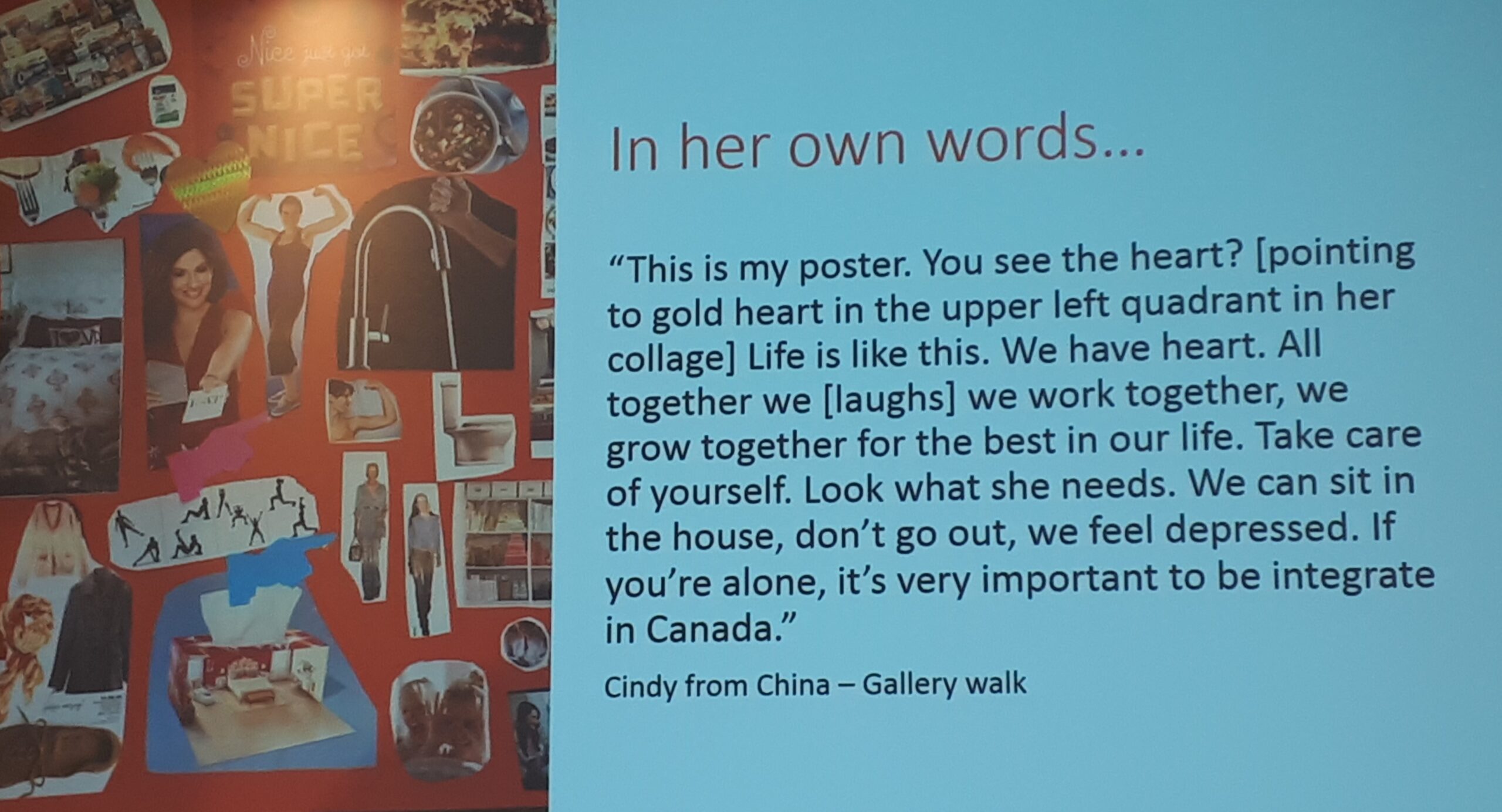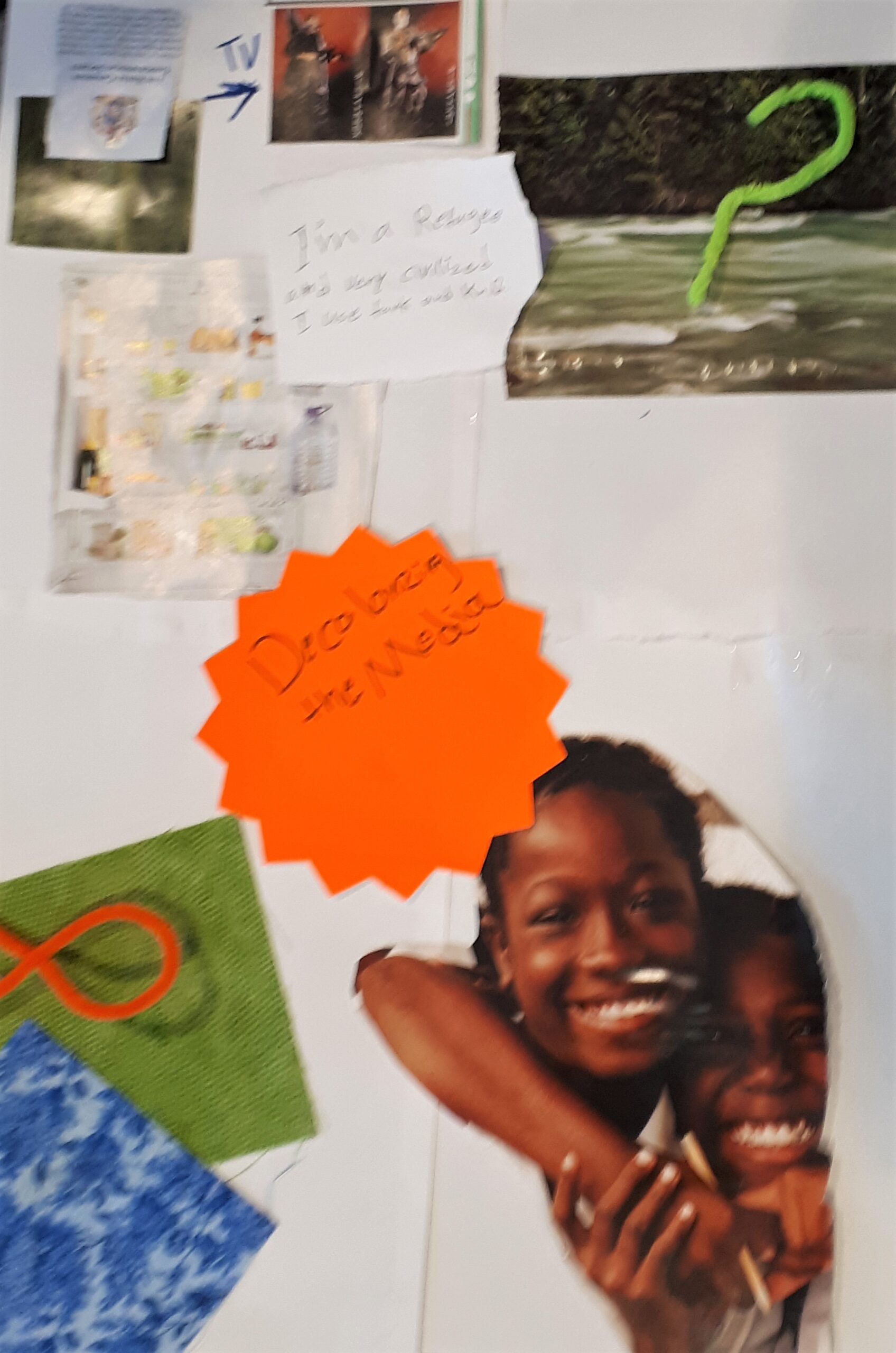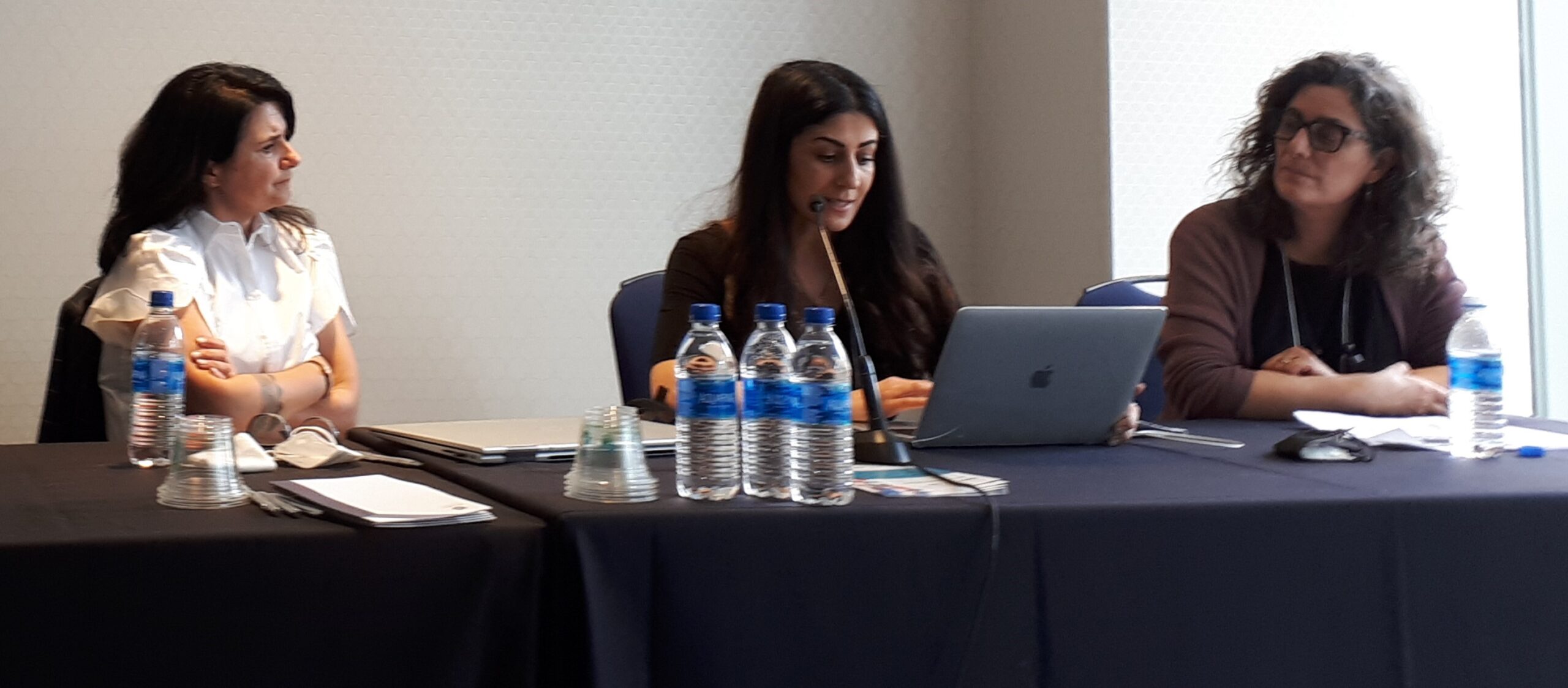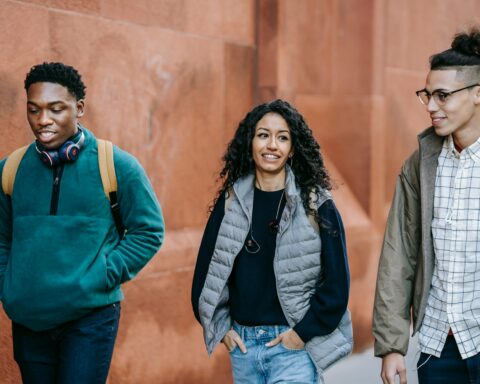Journalist and women’s rights activist Shanga Karim had to leave her home country, Kurdistan, in 2015, as she says being a woman is so hard in Kurdistan, so being a voice for the injustices Kurdish women face is harder. The night she and her husband left their families behind, she wore her bright pinky-orange shoes, which she says she chose as a bright sign for the coming future.
Karim first shared the story of her journey to Canada in 2019 as a participant in The Shoe Project, a mentorship program that helps immigrant and refugee women develop their communication and leadership skills through writing and performance. The program uses shoes as a metaphor for the migration journey.
Today, Karim is the local coordinator for the Vancouver chapter.
Such arts-based practices placing newcomers at the forefront serve to decolonize traditional approaches to settlement, according to Karim and the three other panelists at the 24th Metropolis Conference in Vancouver, British Columbia, on March 25.
Amea Wilbur, assistant professor in adult education at the University of the Fraser Valley, says that arts-based approaches invite us “to listen with all of our senses” to voices that are often ignored.
Action-oriented newcomer research
Nancy Clark, assistant professor with the school of nursing at the University of Victoria, describes decolonization as “the restoration of cultural practice thinking and beliefs and values that were taken away or abandoned, but are still relevant and necessary for survival and well being.”
Using community participatory arts research, Clark is currently exploring the impact of employment and participation in the labour market on the mental health of Syrian refugee men. While Syrians are the largest refugee resettlement group in Canada, she notes that they are the lowest wage earners.
According to Clark, the research, which she describes as “action-oriented toward policy,” will explore the men’s narratives as a way to inform the “needs of the settlement, counselling and labour sectors.”
“It’s quite something when you ask a community group that just arrived not only to share their experience, but [in a way] that their voice will actually infiltrate … services and programs.”
Clark says she will use the Photovoice methodology, working with men to tell their stories through photographs and reflection. She will also conduct interviews using photos to evoke feedback and then have focused discussions with participants about those stories to develop a Photovoice narrative.
Non-traditional evaluation
From 2016 to 2018, Tanis Sawkins, associate director of the Centre for Immigrant Integration at Vancouver Community College, ran an employment program for migrant women in partnership with the Pacific Immigrant Resources Society. The program was designed to reduce barriers for women whose circumstances had resulted in their education being interrupted and provided holistic support, including childminding and flexibility to participants’ schedules.
When it came time to evaluate the first cohort of the program, Sawkins went beyond using standardized evaluation forms featuring predetermined answers or looking at participant numbers and rates of subsequent employment, which are required by the provincial funder.
“I was doing my doctorate and I was becoming interested in … arts-based research, and I thought this might be a way that we can have women talk to us about their experiences of the program without setting a kind of an agenda for them,” she says. “I wanted to find something that was not reliant on [any] kind of digital literacy, that was very simple, not expensive; very accessible to everyone.”
The alternative Sawkins landed on was collage-making, which invited participants to reveal – “in their own words” – many themes that she had not anticipated, which led to a new kind of dialogue within the group.
Sawkins used the feedback that emerged to adapt subsequent cohorts of the program.
Feedback showed that community-building among fellow participants was of prime importance and that these connections were maintained long after the program ended.

Solidarity through shared experiences
In Karim’s view, in addition to the important connections fostered among participants in The Shoe Project, the public performances gave them an opportunity to connect with Canadian audiences.
“We all have some kind of story [where] we can be … similar in some way,” she says. “And I feel like it’s a good way to understand each other.”
According to Wilbur, it is critical to use “public pedagogy,” where education happens outside of formal settings, for dialogue around migration. While spearheading a podcast where newcomers could share their experiences more broadly with policymakers, students, educators, and the media through the UBC Centre for Migration Studies, Wilbur witnessed the sense of solidarity fostered between the host of the podcast, originally from Syria, and newcomer guests from South Sudan, Afghanistan, Eritrea and other countries.
She believes this has significant implications for activism efforts.
“Once our views of each other change, then that affects who we vote for,” she says. “That affects the letters we send to our representation.”

The Metropolis session concluded with an experiential art activity where participants worked in small groups to create a visual representation of what decolonization in the settlement sector looked like to them. Sharing the creations in the larger group provided an opportunity for participants to learn from each other and together reflect on new ways forward for the settlement sector.
Daniela Cohen is a freelance journalist and writer of South African origin currently based in Vancouver, B.C. Her work has been published in the Canadian Immigrant, The/La Source Newspaper, the African blog, ZEKE magazine, eJewish Philanthropy, and Living Hyphen. Daniela's particular areas of interest are migration, justice, equity, diversity and inclusion. She is also the co-founder of Identity Pages, a youth writing mentorship program.





